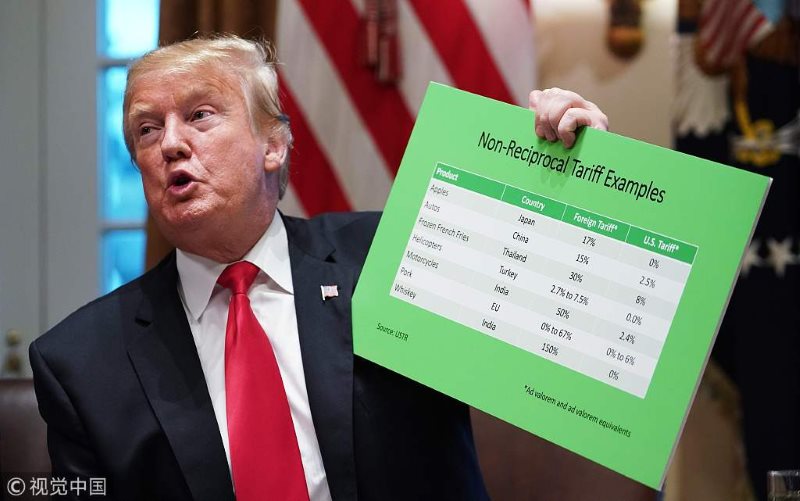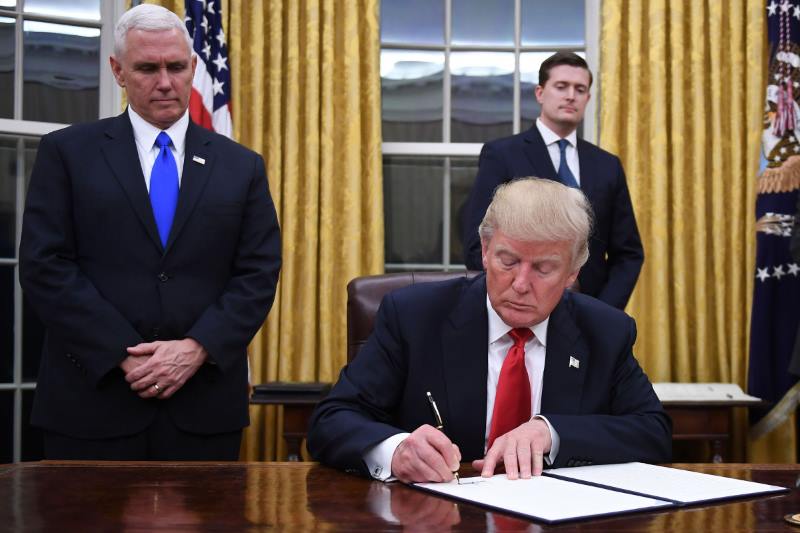Politics
Trump Signs Executive Order to Reshape U.S. Electoral Process
On Tuesday, President Trump signed an executive order aimed at reshaping U.S. Electoral Process. The order imposes stricter identification requirements for voter registration, demanding tangible proof of citizenship, such as a passport or a Real ID-compliant driver’s license. It also prohibits the acceptance of absentee or mail-in ballots received after Election Day.
Legal Scrutiny Expected
The executive order is expected to face legal challenges. It introduces new provisions to prevent noncitizen participation in elections, with the Justice Department and Social Security commissioner tasked with identifying ineligible voters.
Alignment with the Save Act
The executive order closely mirrors the Safeguard American Voter Eligibility Act (Save Act), supported by House Speaker Mike Johnson (R., La.). This bill, which aims to ensure only eligible citizens vote, was reintroduced this year after failing to gain Senate approval in 2024.

White House Redefines Tariffs with Strategic Focus and Trade Retaliation
The White House is adjusting its tariff strategy for April 2, excluding certain sectors and applying reciprocal levies on countries with trade imbalances…
Republican Concerns over Voter Integrity
Trump and other Republican allies have repeatedly raised concerns about noncitizens casting ballots. However, federal law explicitly prohibits noncitizens from voting, and states have robust verification systems in place to ensure the integrity of the electoral process. Studies from various sources have found no significant evidence that ineligible immigrant voting has influenced election outcomes.
State Audits of Voter Rolls
To maintain electoral accuracy, states routinely audit voter rolls, removing outdated or inaccurate registrations. These audits help ensure that only eligible voters participate in elections.
Mail-In Ballots and Election Security
Several states conduct elections largely through mail-in ballots, and reports have shown no significant instances of fraud. This counters claims of widespread voter fraud in these voting methods.
Ensuring Electoral Integrity
The executive order underscores the significance of free, fair, and transparent elections. It asserts the right of citizens to have votes accurately counted. The directive emphasizes the need for verification without unlawful dilution. This ensures the legitimate victor of any election.


